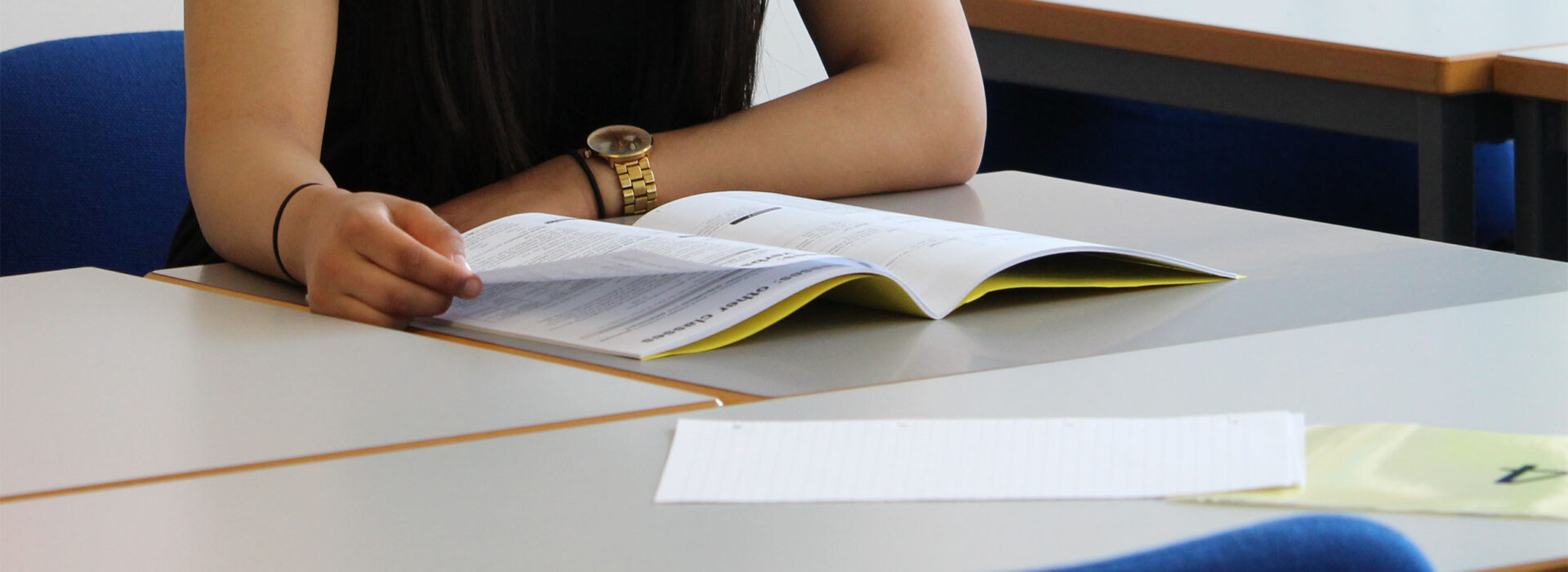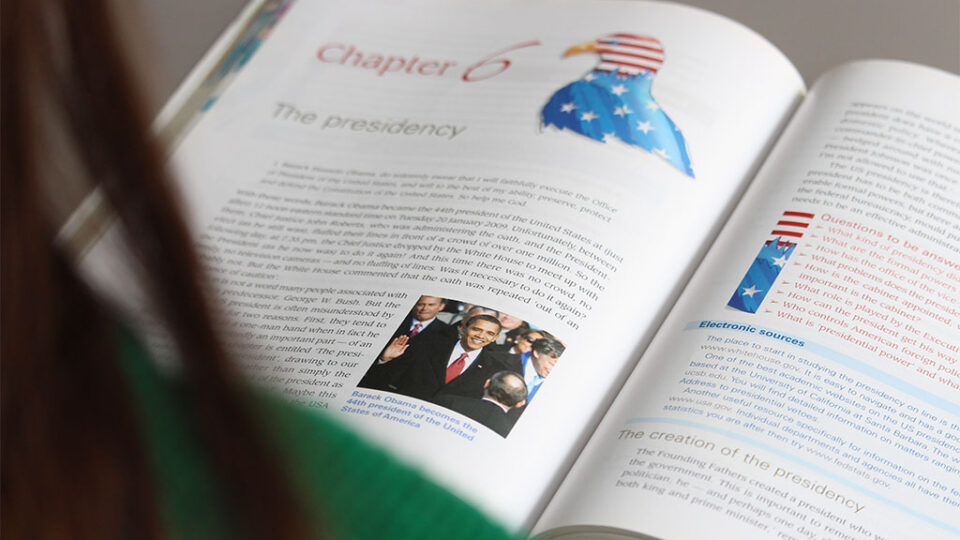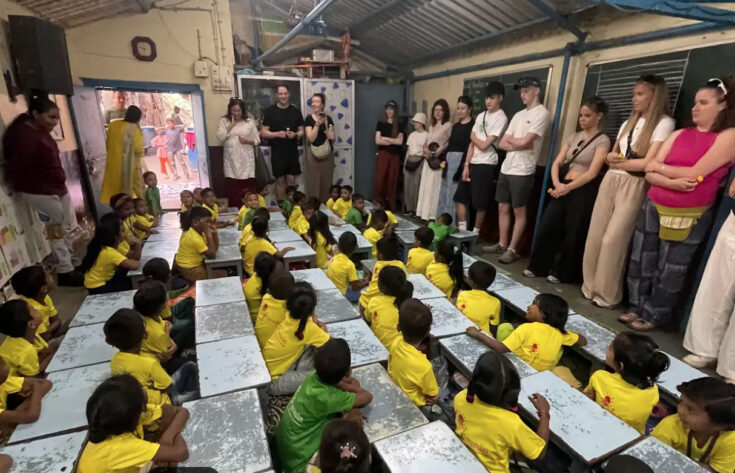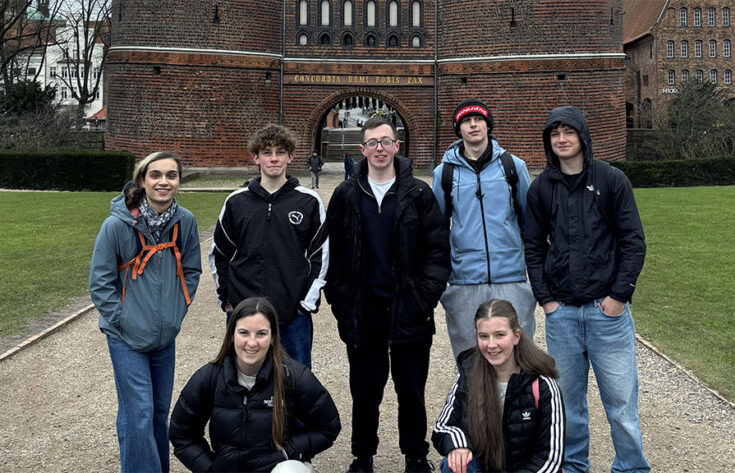English Language
The course covers topics such as how we acquire it from birth, how it varies according to factors like accent, gender, ethnicity and how and why English has become a global language. If you are interested in why people talk and write like they do, or are curious about the social and historical contexts in which texts are produced, you will really enjoy studying English Language.
The first year of the course will provide a varied introduction to English Language studies. You will explore different genres of texts in a variety of modes (spoken, written and computer-mediated ones such as blogs, forums and websites) in order to consider some of the wider social issues related to how we use English in certain ways. You will also have the opportunity to write creatively to persuade, tell stories to or inform your chosen audience, in addition to reflecting on your work critically.
The second year focuses on studying changes to the English language over time, how English has become an important global language and how we learn to read and write. You will analyse real examples of language in use, conducting mini-investigations and research projects and evaluating different points of view proposed by linguists. You will also carry out an investigation into an aspect of language related to your own interests whether that is the language of football commentaries or the changing representation of women in advertising.

Examined units (80% of A Level)
Paper 1: Language, the individual and society
Analysis of the meanings and representations in a range of texts, about various subjects, from various writers and speakers, for different audiences and purposes and in a variety of genres and modes (written, spoken and electronic) from different time periods and from different places (global, national and regional). An essay exploring child language development in speech and writing.
Paper 2: Language Diversity and Change
An essay either exploring an aspect of language diversity such as occupation, gender, dialects and ethnicity or how and why English as a language has changed over time. Analysis of texts written for non-specialist audiences that convey attitudes to language diversity and change. Writing creatively about language issues in a variety of forms to communicate their ideas to a non-specialist audience.
Non-exam Assessment (20% of A Level)
Language in Action
An independent exploration and analysis of language data. There are two types of individual research: a language investigation (2,000 words excluding data) and a piece of original writing and commentary (750 words each).
Students who take A-level English Language tend also to study a broad range of arts and social science subjects, but links to Media Studies, Communication Studies, Law, Psychology, Sociology and English Literature are common. Consequently, students who take this combination of A-levels may end up pursuing a degree in Language (or related disciplines, like Linguistics), more general English Studies degrees, Education/Childhood Studies, and, beyond that, a wide range of arts and social science-based degree courses.
Career in education, advertising, journalism, the performing and creative arts, administration and management are common.
Recent visits have included the University of Huddersfield and the British Library. We have also attended the English and Media Centre Language Conference in London.














